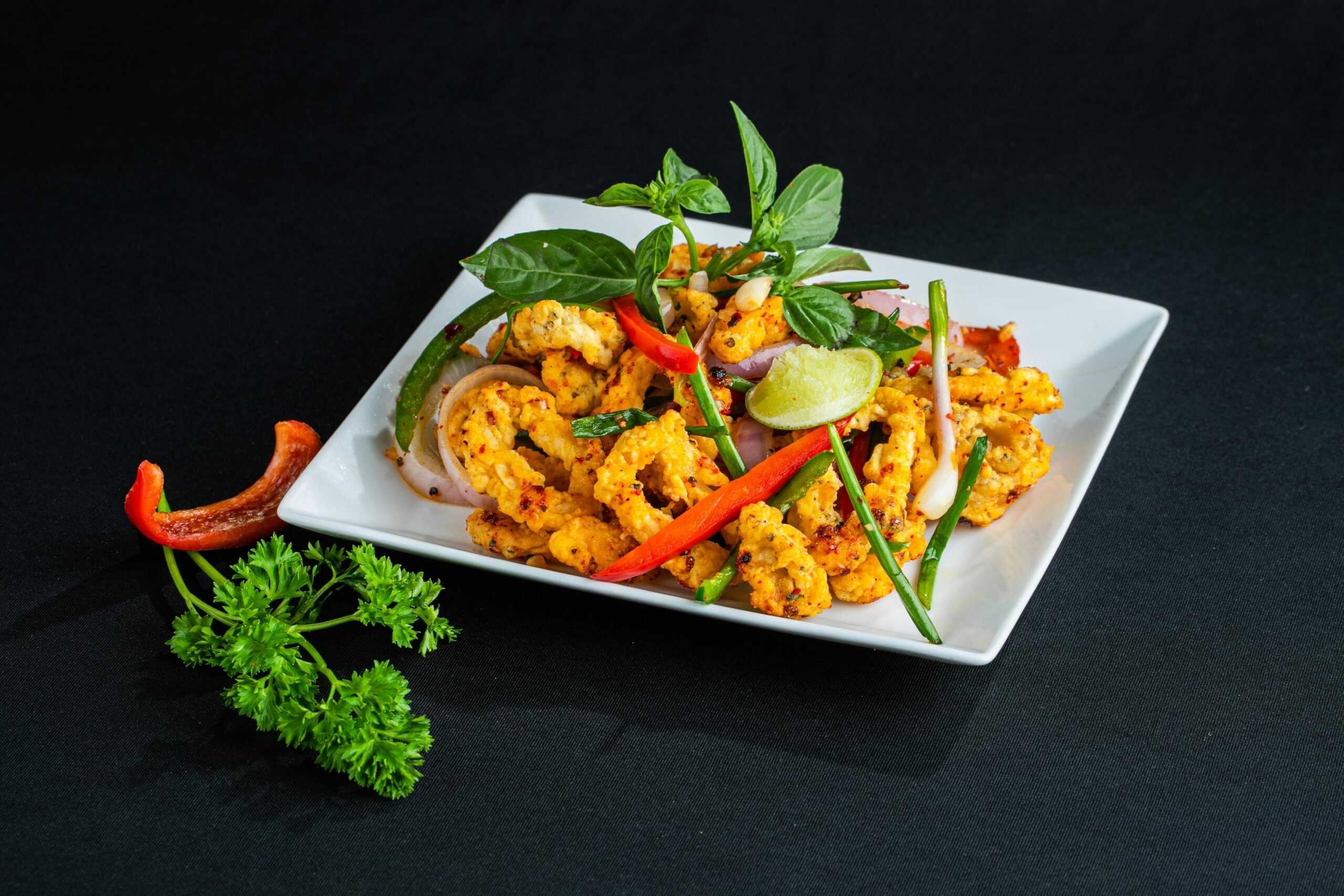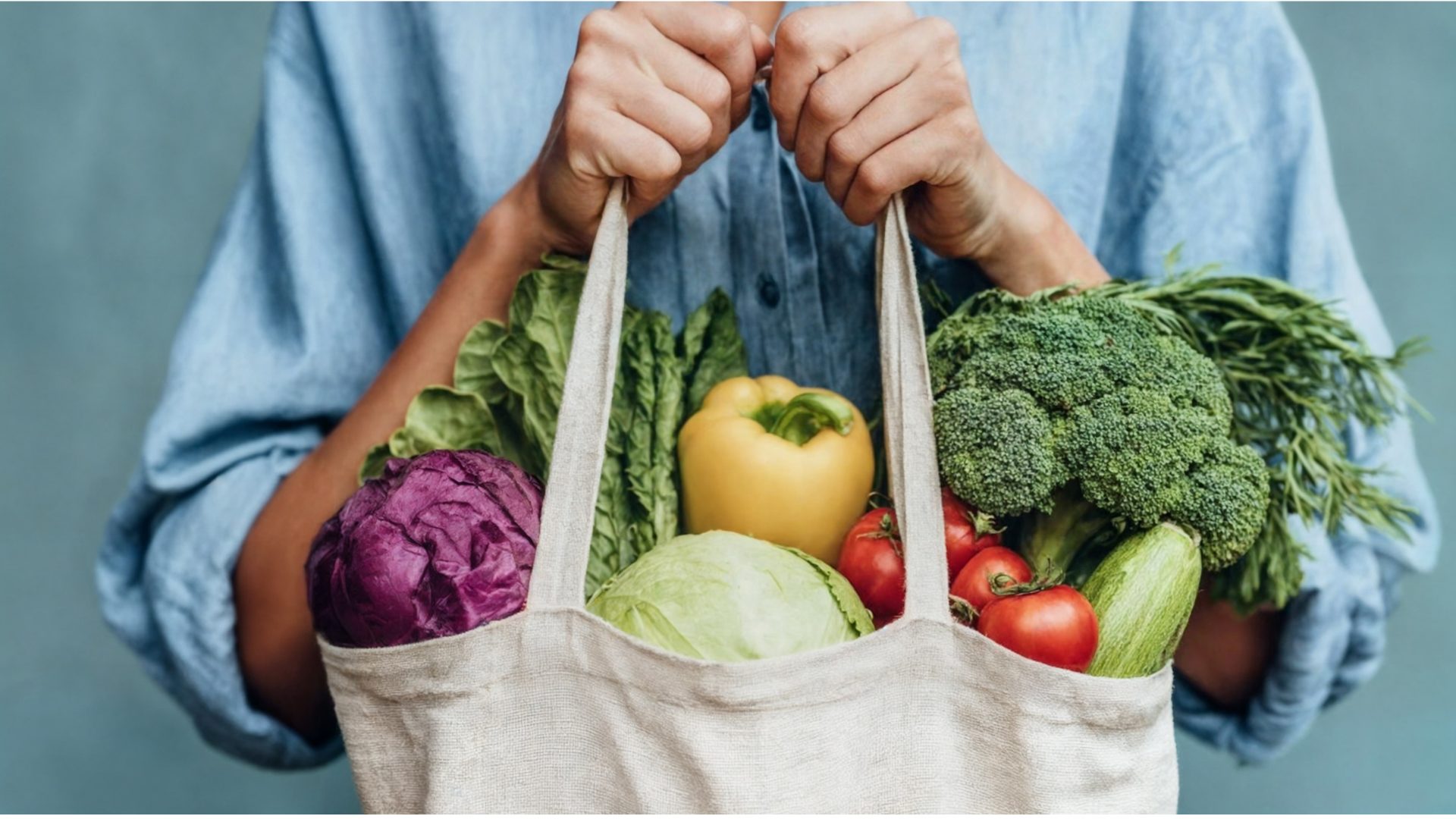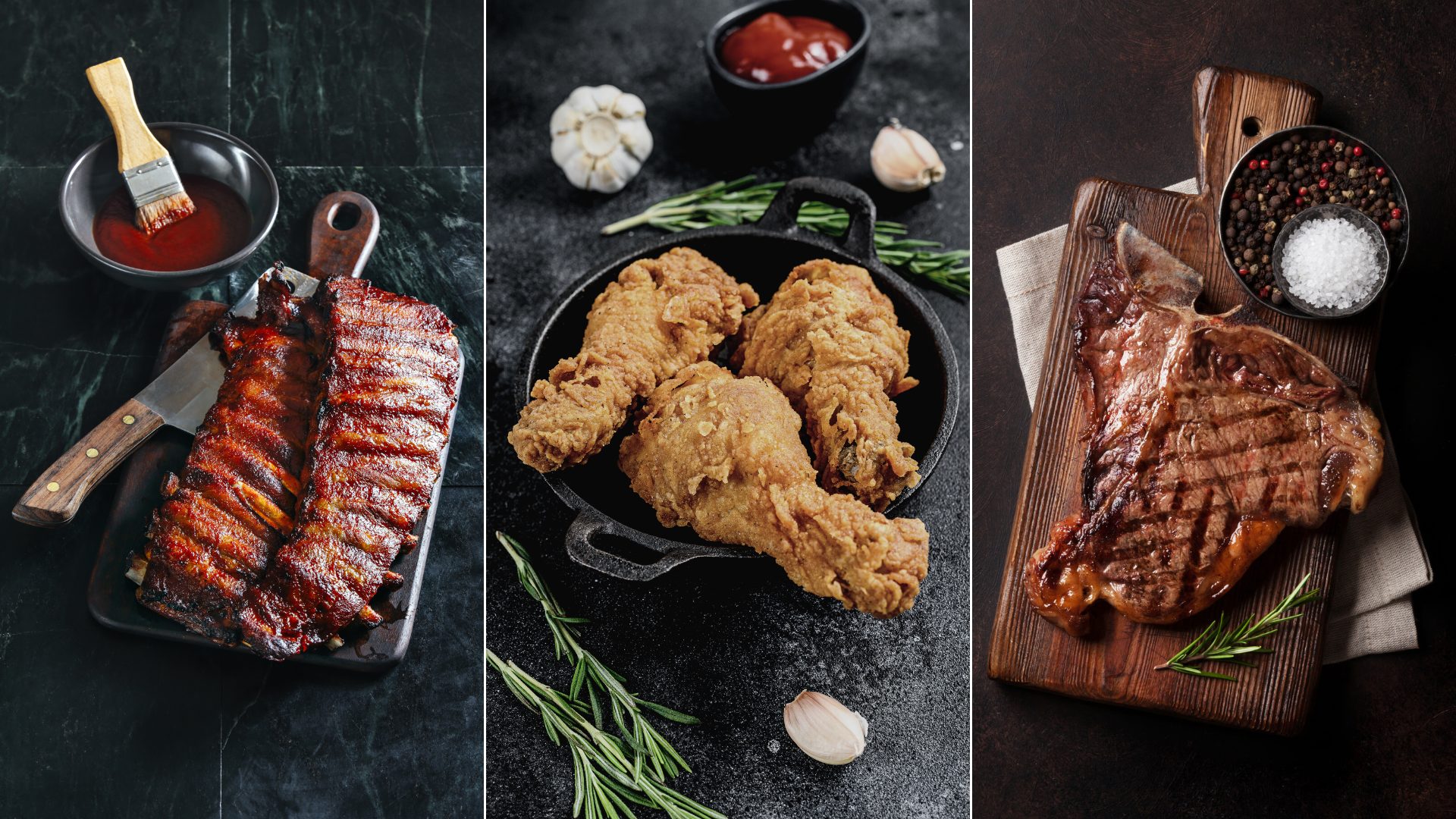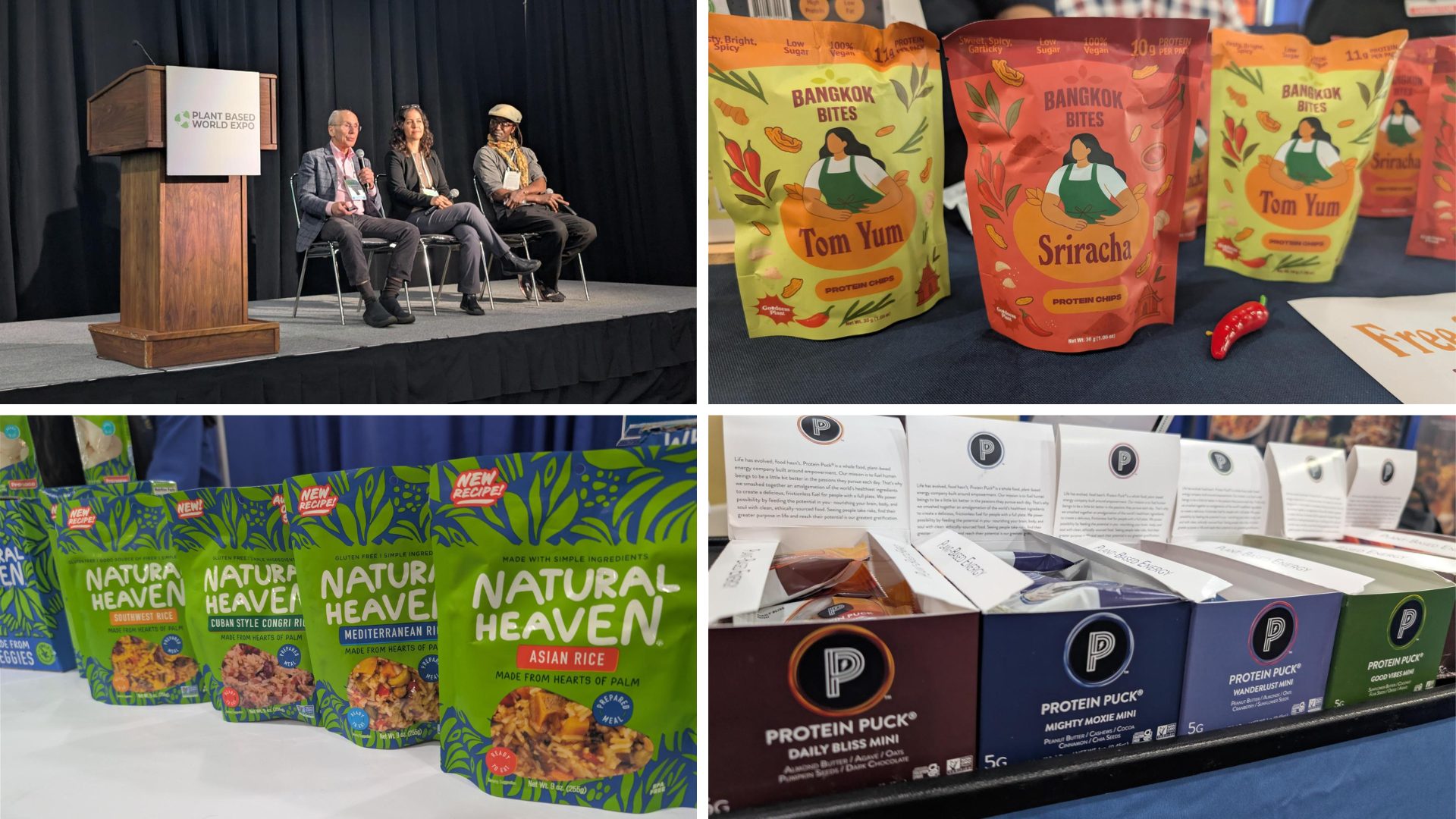In case you haven’t noticed, the alt-seafood sector has been rife with innovation and intriguing product launches as of late.
The category has benefited from increasing consumer concerns over the environmental impacts of overfishing and microplastics, which have in turn increased the demand for more sustainable alternatives.
Let’s dive into a few of the most intriguing developments.
Alt-Seafood Innovations
Revo Foods recently debuted “El Blanco – Inspired by Black Cod,” an alternative to black cod that’s produced via 3D extrusion technology, which gives the filet its unique, layered structure and flaky texture that rivals that of its traditional counterpart.
The Austrian food-tech startup specializes in seafood alternatives that are derived from fermented fungi protein (AKA mycoprotein) and microalgae oils – a formula that results in a finished product with high levels of fiber and omega-3 fatty acids, which can be notoriously hard for individuals following plant-based diets to get.
The plant-based product also boasts a complete amino acid profile, which addresses yet another common pain point for plant-based eaters.
In other news, researchers in Singapore recently developed a plant-based calamari alternative derived from a 3D-printed paste made from microalgae and a mung bean protein isolate.
Although it’s by no means the first alt-calamari on the market, as the alt-seafood manufacturer HAPPIEE! (also based in Singapore) debuted its own range of frozen seafood alternatives in 2023 that includes breaded calamari rings, the latest alt-calamari product can reportedly replicate the soft, elastic texture and protein content of real squid like never before.
But while these developments are intriguing, have they driven meaningful sales growth for the sector?
Alt-Seafood Outlook
According to a report by Allied Market Research, the plant-based seafood market size is estimated to reach $1.3 billion by 2031, growing at a CAGR of 42.3% during the period.
However, recent Circana data suggests that this growth spurt may be off to a slow start, as alt-seafood sales actually decreased by 15.2% in the 52 weeks ending March 23.
Several alt-seafood manufacturers have gone bankrupt in recent years, including New Wave Foods, which was founded in 2015 and backed by big-name investors, including Tyson Ventures, before ending operations and entering into an assignment for the benefit of the creditors (ABC) last year.
“Although we were gaining momentum in 2023 and had secured a major customer for 2024 sales, we couldn’t outrun industry headwinds,” said New Wave Foods co-founder and CEO Michelle Wolf.
And New Wave is by no means the only alt-seafood brand that’s encountered such headwinds, as the plant-based seafood business Atlantic Natural Foods also filed for Chapter 11 bankruptcy protections in the Louisiana Eastern Bankruptcy Court on April 7.
These developments suggest that, while the alt-seafood sector is brimming with innovation, adoption of these seafood alternatives hasn’t quite kept up, underscoring the need for alt-seafood makers to develop products that resonate with today’s consumers.
The Food Institute Podcast
This Episode is Sponsored by: RSM
It’s tariff time, and companies the world over are working to better understand how their operations will be impacted. Jodi Ader from RSM US LLP joined The Food Institute Podcast to discuss which products and inputs are currently subject to tariffs, and how to best mitigate supply chain risks.











